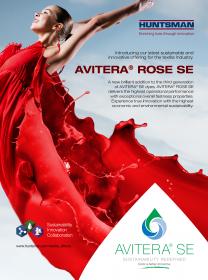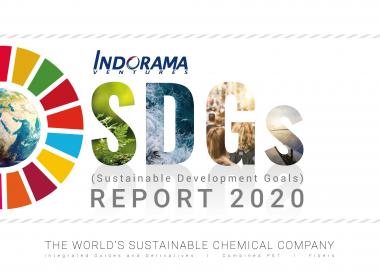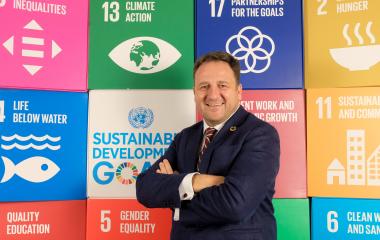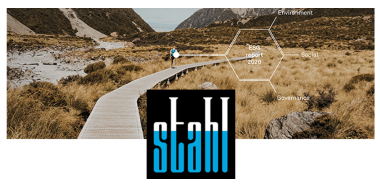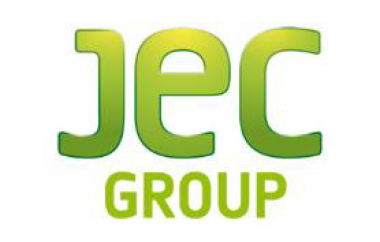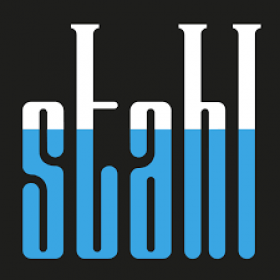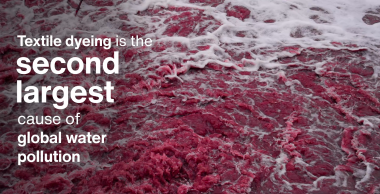Lenzing recognized as one of the most sustainable companies worldwide
The Lenzing Group, a world-leading provider of wood-based specialty fibers, has been recognized for leadership in corporate sustainability by global environmental non-profit organization CDP, securing a place on its prestigious “A List” for tackling climate change as well as acting to protect water security and forests. Lenzing is one of 14 companies worldwide that were recognized with an outstanding triple “A” for environmental leadership in climate change, water security and forests. Through significant demonstrable action on climate, water security risks and deforestation, Lenzing is leading on corporate environmental ambition, action and transparency worldwide.
The world’s economy looks to CDP as the gold standard of environmental reporting with the richest and most comprehensive dataset on corporate and city action. In 2021, over 590 investors with over USD 110 trillion in assets and 200 major purchasers with USD 5.5 trillion in procurement spend requested companies to disclose data on environmental impacts, risks and opportunities through CDP’s platform. 13,000 companies responded.
Lenzing AG











